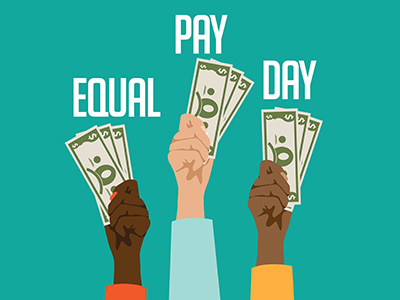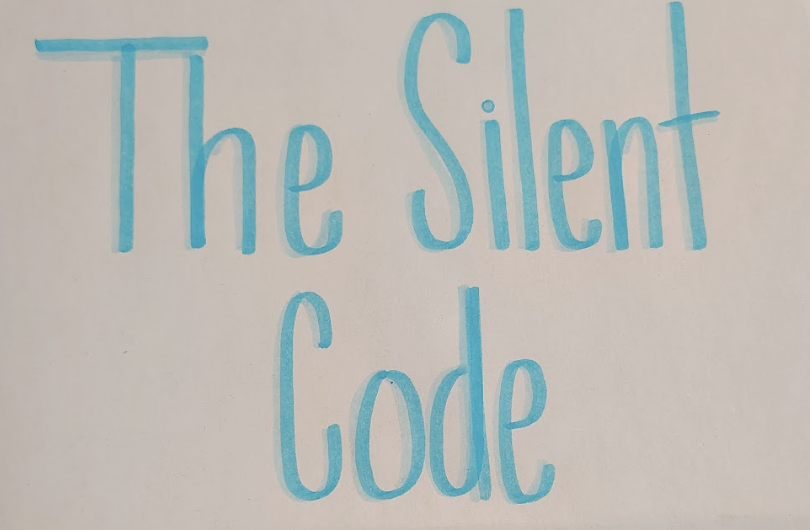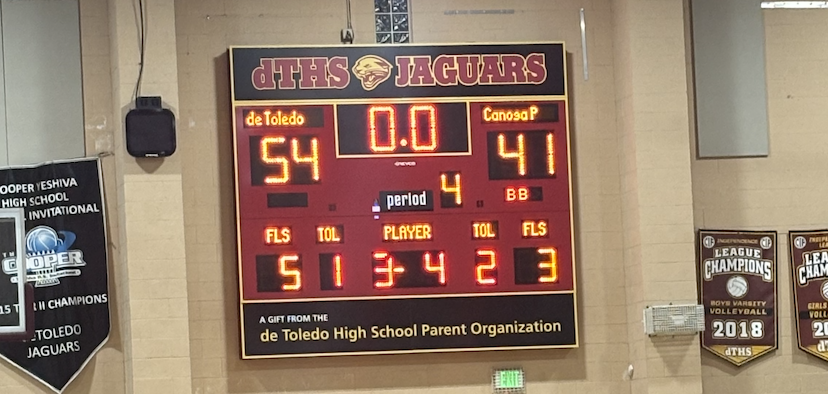Equal Pay for Women

May 25, 2017
The opinions expressed in this article are the author’s own and do not necessarily represent the views of The Prowler.
We’ve all seen it before. An issue lies dormant in our society until our role models, media superstars, call attention to it.
This appears to be happening once again. The issue is the lack of equal pay for women in America.
Women have been active members of the workforce since the second world war, when nearly a quarter of married women worked outside the home to help fuel the wartime economy. Today, according to the U.S. Department of Labor, women make up 51.7% of the workforce and 70% of mothers with children under the age of 18 are active members of the workforce.
However, white women’s earning averages in 2015 were $39,400, while white men’s were $50,300.
The only possible explanation for this pay gap is persistent misogyny and institutionalized sex discrimination. This is simply not okay.
In response, actresses such as Eva Longoria, Sophia Bush and Gina Rodriguez have been taking to their various social media accounts to campaign for “Equal Pay Day,” adding #20percentcounts to their posts.
In an article featured on CNN, Gina Rodriguez, who is currently Jane on the CW’s Jane The Virgin, said “I was just so grateful when I had the opportunity to do what I loved that I never once stopped to complain that I wasn’t getting paid as much as my fellow co-stars or male counterparts, I realized that I was afraid to make problems for anyone… I didn’t want to get on anyone’s bad side and I wanted to be the actress who was easy to work with and didn’t complain.”
But it shouldn’t be a “problem” to ask for what is fair and what is right. We are told that men and women are equal in the eyes of the law, and many women thought the fight was over when women won the right to vote with the passing of the 19th amendment in 1920. However, this thinking is wrong.
It is the 21st Century and women are in as many jobs as men. They are as high up as men and are as educated as their male counterparts. Mothers balance busy lives raising children with high stress and time consuming jobs. And yet they are still paid less.
Women are all over our political system. Janet Yellen is the Chair of the U.S. Federal Reserve System, making her the world’s most powerful central banker; Hillary Clinton was the first woman ever nominated for U.S. President by a major political party; Drew Gilpin Faust is the President of Harvard University, the first woman to lead that institution; and Mary Barra is the CEO of General Motors, the first female CEO of General Motors and the first female CEO of a major global automaker.
Regardless of the presence of women in almost every industry, there is still sexism in the workplace. One industry which seems to pay women dramatically less is the movie industry.
Natalie Portman played the female protagonist, Emma, in No Strings Attached (2011) alongside Ashton Kutcher. After filming concluded, Portman told the Guardian that she was paid three times less than what Kutcher was paid.
This movie was released the same year Portman won the Oscar for Best Actress for Black Swan. This fact proves that it could, in no way, be blamed on poor acting skills. Instead, the reason for this unjustified pay gap may be that Portman is a woman and Kutcher is a man. Had Portman demanded more money for her role, producers probably would have offered her part to a different woman rather than pay her more.
Historically, big earners in Hollywood have all been men, but some female stars have challenged that status quo recently.
In a speech she delivered at the United Nations New York City headquarters in 2014, actress and advocate Emma Watson said, “I am from Britain and think it is right that as a woman I am paid the same as my male counterparts. I think it is right that I should be able to make decisions about my own body. I think it is right that women be involved on my behalf in the policies and decision-making of my country.
“I think it is right that socially I am afforded the same respect as men. But sadly I can say that there is no one country in the world where all women can expect to receive these rights.”
In this speech Watson confirms that although she has the most of the rights she deserves, she doesn’t have them all, and in less developed countries, some women don’t have any.
Watson is campaigning for women’s rights in third world countries. But here in America, which is supposed to be the number one superpower in the world, women are still not afforded the same rights as men.
How can we let this injustice continue? How can we continue to say that we are the number one superpower, when we do not pay women the same as men? How can we believe we are the greatest nation in the world, when people are penalized for simply being born with different physical attributes?
The simple answer: We can’t!
Dr. Spiegel, psychologist and psychology teacher, talked about how “even though it’s 2017, there are many professions where women are paid less for doing the same work.” She also talked about how “the equal rights amendment (which was a proposed amendment “designed to guarantee equal rights for all citizens regardless of gender”) never passed” which is a huge disruption in the path towards equal pay.
She said this inequality is not simply in one area. “It cuts across” class lines. Whether people are “blue collar, white collar or pink collar,” they will face this problem.
Should employers have the discretion to address the equal pay issue themselves, without government mandates? Dr. Spiegel responded no. In fact, “it should be across the board,” offering “no room for discrimination.”
The only exception should be “due to experience,” but according to Dr. Spiegel, “that’s not really the issue.”
The issue is, women are commonly considered frail people who find it difficult to speak up for themselves. This becomes an issue during contractual meetings when women are offered a certain salary and are unable to stop and say no and fight for themselves. Some employers may be aware of this disadvantage and deliberately propose lower salaries.
Dr. Spiegel confirmed that “women overall tend to be more conciliatory, less combative and confrontational.” She added that it is “better than it used to be,” but “a lot of women will give in.”
This passiveness is no fault of the woman but is something that makes it harder for her to argue for her right to equal pay.
The fact remains that until the government can pass a federal law (or the equal rights amendment) that ensures every woman’s right to equal pay, we will be forever stuck in the past. It is up to each woman to prove her worth and fight for her right to equal pay.
Think about if it were you. Say you are working harder but getting paid less simply because of your anatomy, or the gender you were assigned at birth. How would you feel?
Open your eyes and make the change.
































